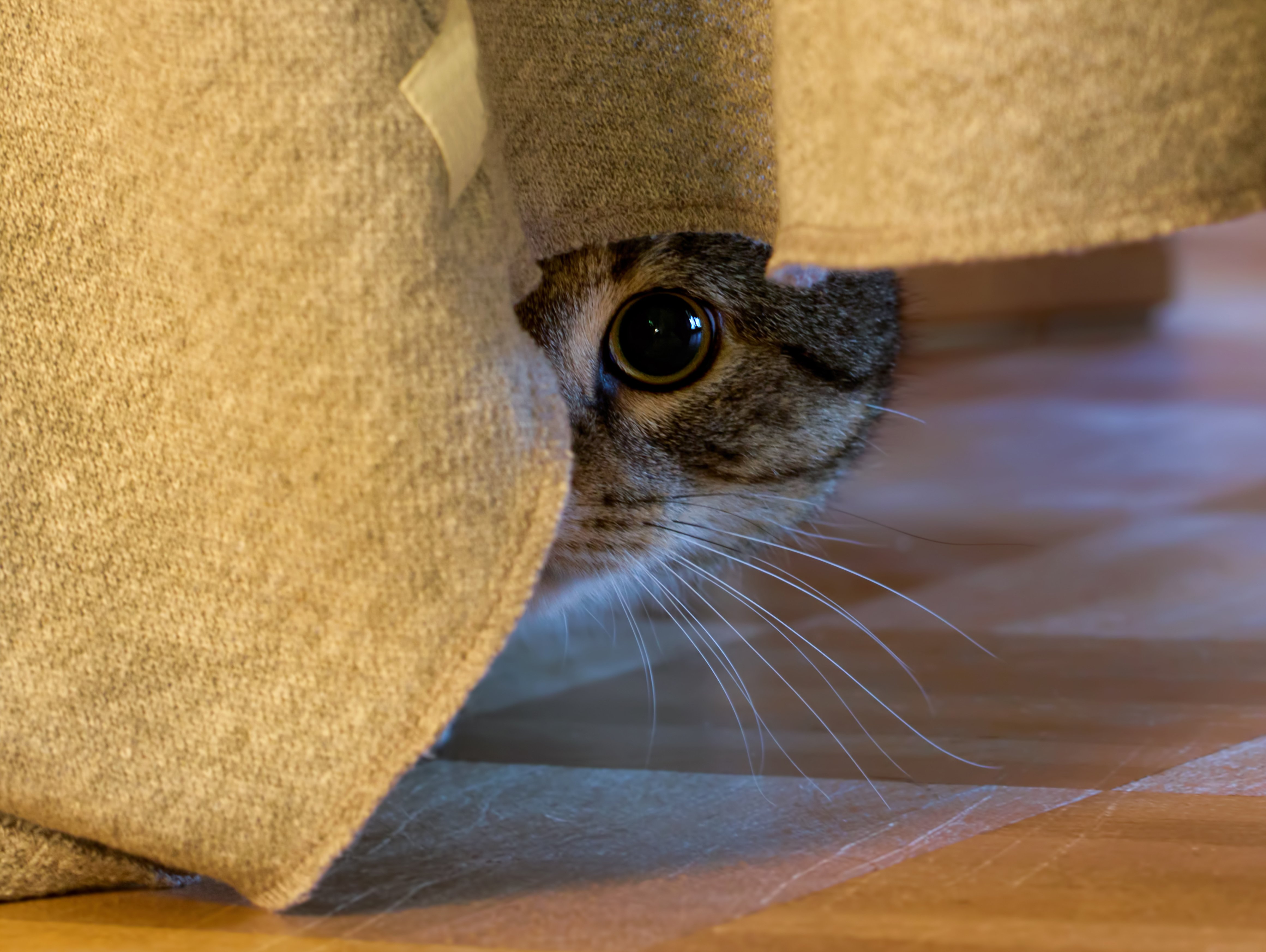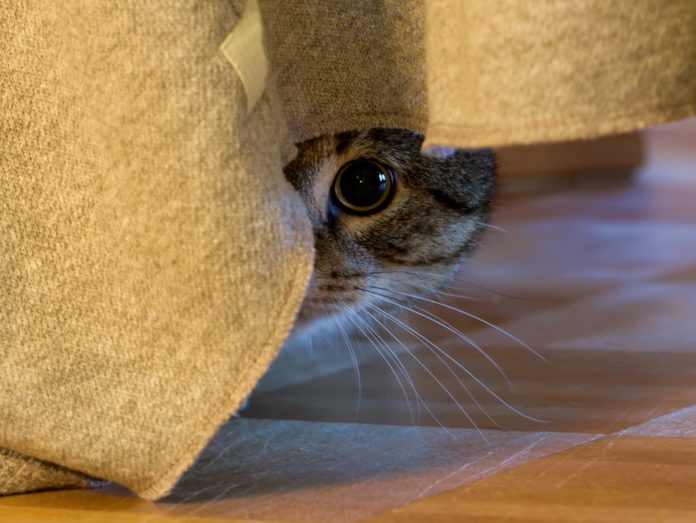
Q. My cat is 2 years old and is having a problem urinating. He has been on a daily antibiotic for a month and has recurring bladder infections every month or two. One of my concerns is that he’s on antibiotics so often that they will kill his immune system. My other concern is whether there’s any hope for him. Can you help us?
A. Thanks for getting in touch, and I am very sorry to hear of your kitty’s problem. Lower urinary tract syndrome (LUTS), which is a disease of the urinary bladder and urethra, the tube that brings urine from the urinary bladder to the outside world. It’s a common problem in cats, and surveys suggest that this is, in fact, the most common reason for owners to bring their cats to a veterinarian.
The cause of LUTS is often multifactorial and may involve infectious, inflammatory, dietary, and behavioral components. Affected cats are most commonly middle aged, indoor cats that are overweight, get minimal exercise, and drink less water than other cats. Male cats are at increased risk, and environmental stresses, such as living in a multi-cat household or changes in routine, such as moving or having family members leave or enter the household, may increase the risk of a cat experiencing LUTS.
Potential causes of LUTS in cats include bacterial infection of the lower urinary tract, urolithiasis (urinary stones), obstruction of the lower urinary tract with uroliths (urinary stones), and feline idiopathic cystitis (FIC), a diagnosis that is achieved by ruling out all other causes of LUTS.
Cats with LUTS may demonstrate difficult or painful urination, increased urination frequency, blood in the urine, inappropriate urination (i.e. outside of the litter box), and frequent licking of the genital region.
Interestingly, affected cats often have problems in other organ systems including the nervous and endocrine systems, consistent with the notion of this syndrome being a complex interplay of as yet not fully understood processes. It is important to note that if a cat is straining to urinate/cannot urinate, this constitutes a medical emergency, and the cat should be brought to a veterinarian immediately.
Veterinarians will often recommend a series of diagnostic tests in cats with LUTS. These may include urinalysis (microscopic and chemical examination of urine), bloodwork, abdominal ultrasound, and/or urine culture.
I am not sure which of these your veterinarian may have already recommended, but it is important that you discuss these potential causes with him/her. Given the fact that you are giving antibiotics, I presume that there may be a bacterial infection of the urinary tract that has been diagnosed, and if this is the case, it’s important that you give antibiotics consistently for at least three weeks and that you follow up any antibiotic therapy with a urine culture to make sure that any bacterial infection has been eliminated.
While antibiotics will not usually “kill” the immune system, inappropriate use of antibiotics (wrong antibiotic, too low a dose, too short a duration of administration) may promote resistance of certain bacteria to antibiotics, making treatment with antibiotics difficult or even impossible.
There are a few things that you can do to decrease the frequency and severity of attacks. Firstly, minimize stress by keeping feeding and routines consistent, make sure that your kitty always has access to fresh water, and feed small, frequent meals. Make sure that you keep the litter box very clean, and that you have the correct number of litter boxes in your house (the number of cats in the house plus one). Avoid foods that are high in magnesium, as this mineral can contribute to urinary-stone formation, and make sure to maintain a healthy body weight in your kitty.
Cats with LUTS can often be managed with appropriate preventive measures, careful monitoring, and regular visits to the veterinarian, but they may experience recurrence requiring treatment, so vigilance is crucial.
I hope that this is helpful, and please send us an update when you can.
All my best,
Elizabeth




